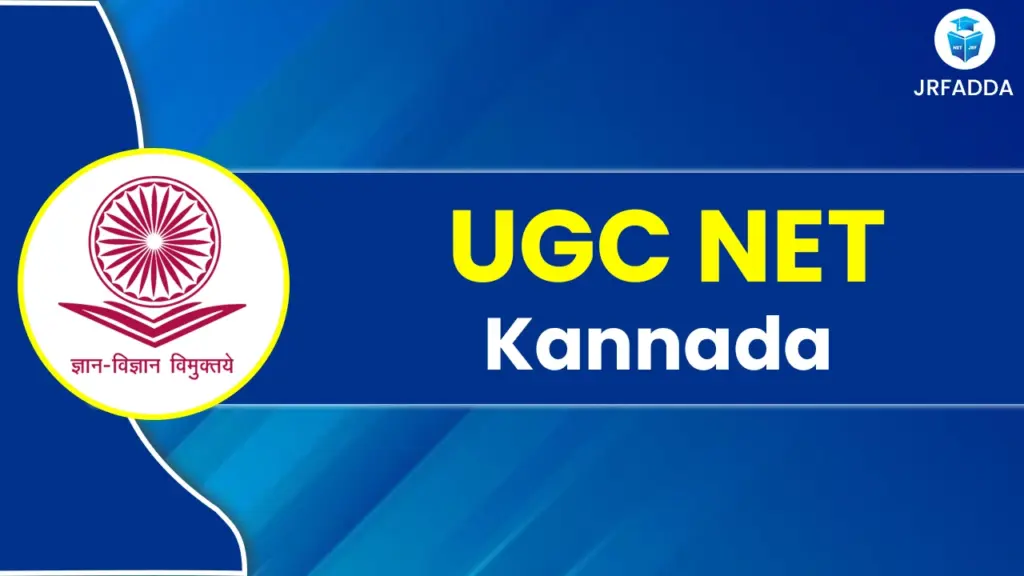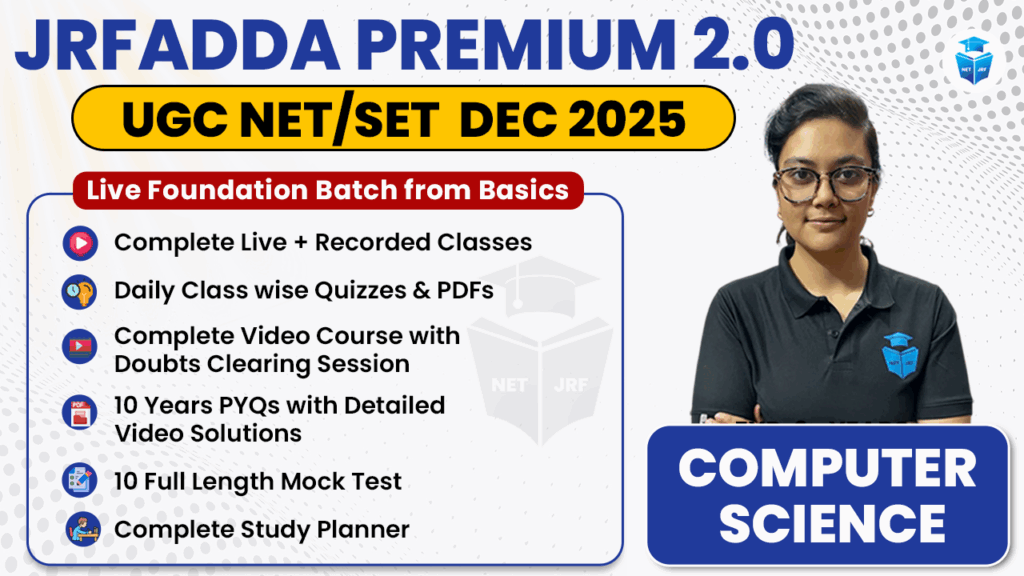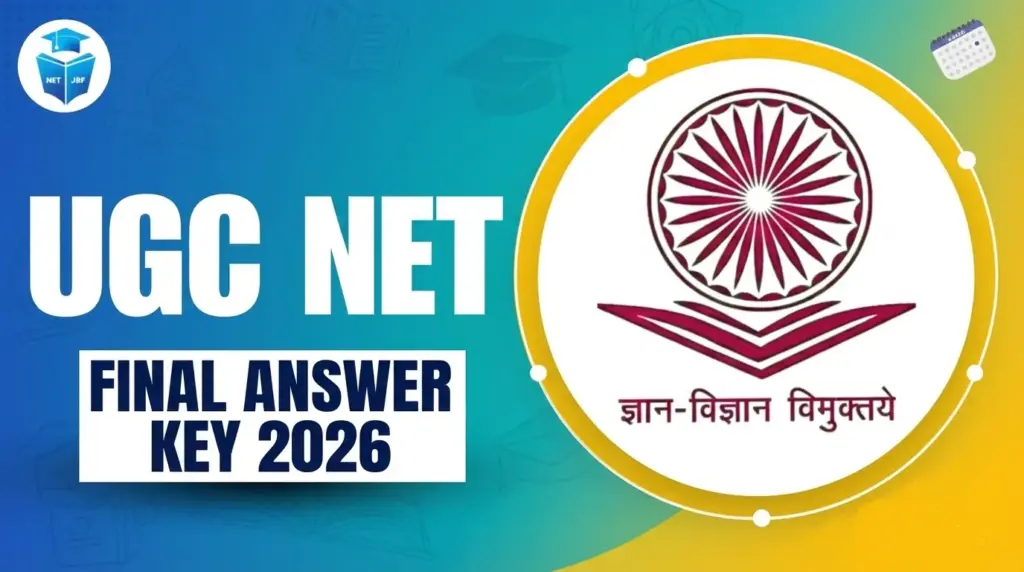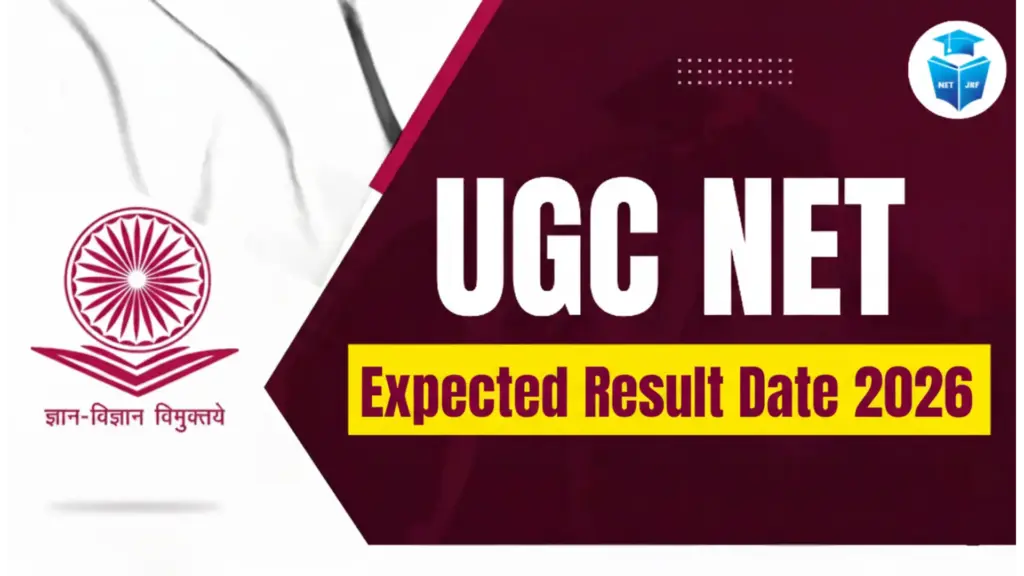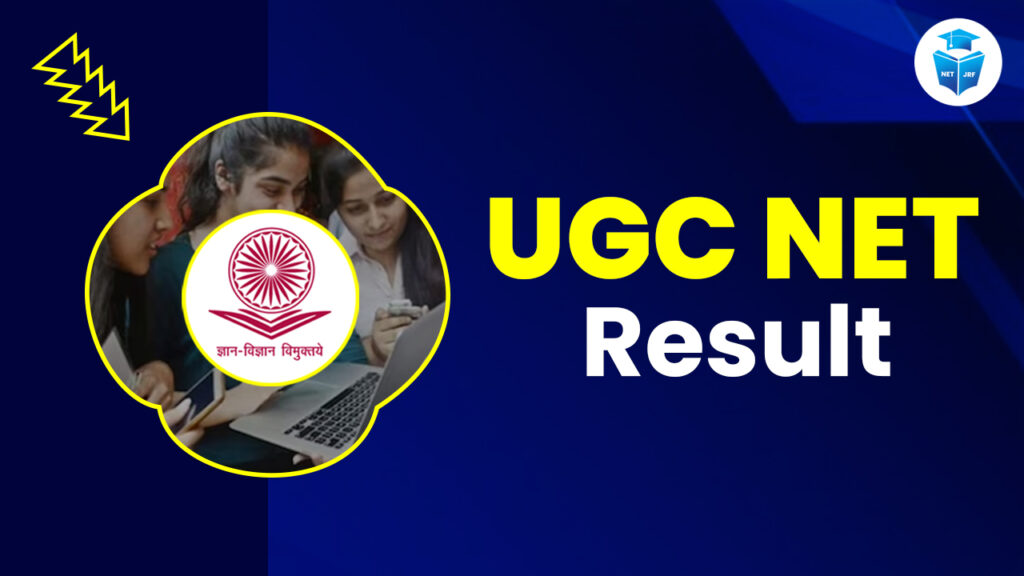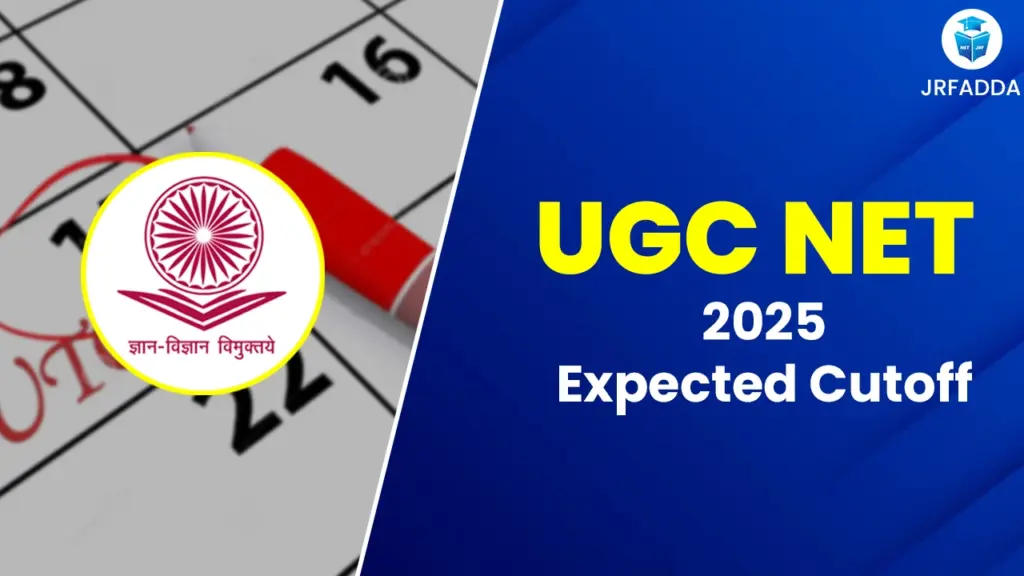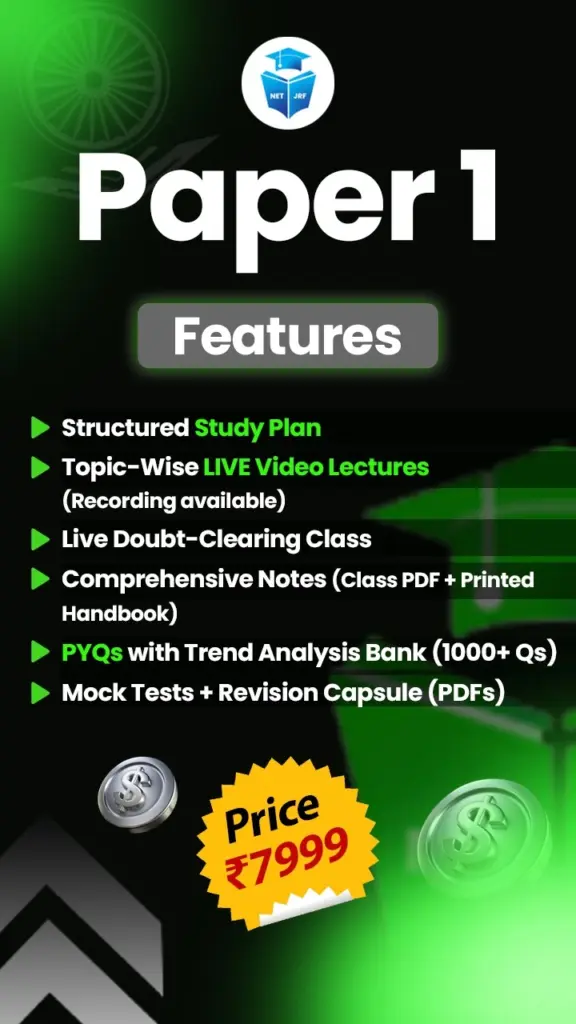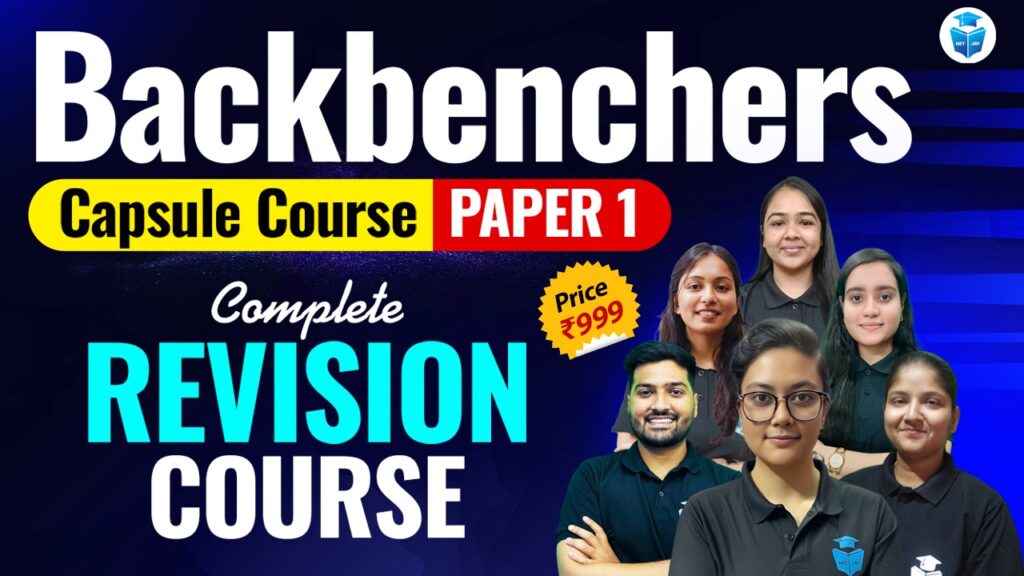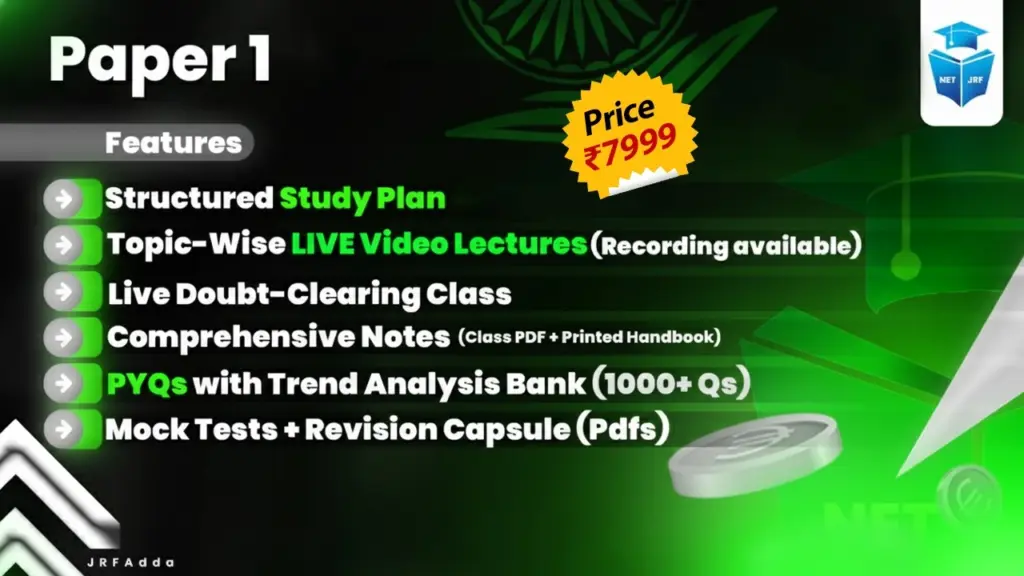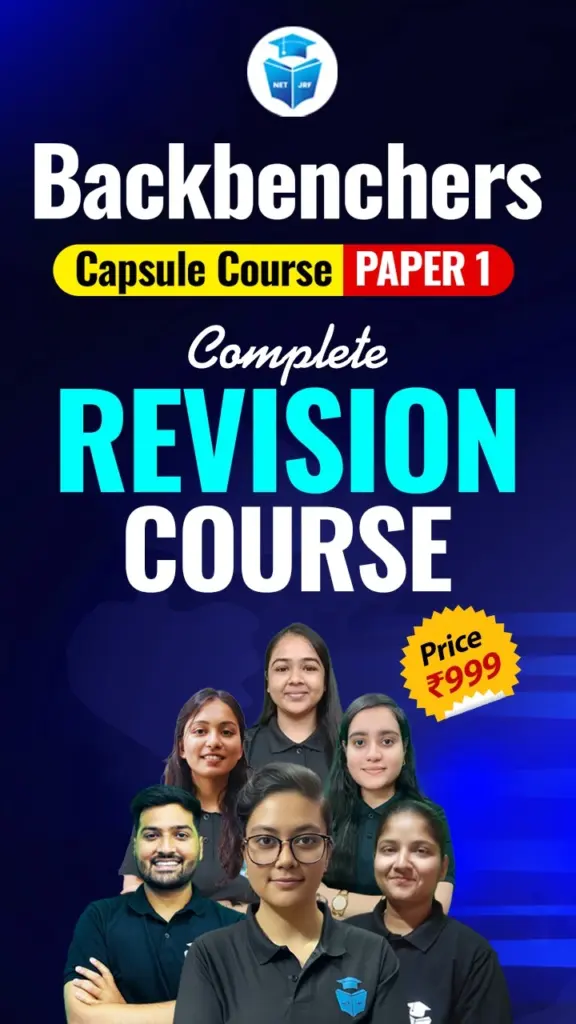UGC NET Kannada 2025 exam was conducted on 6th January 2026 in 2nd Shift and organized by the National Testing Agency (NTA) to test candidates’ eligibility for employment as Assistant Professor and for Junior Research Fellowship (JRF) in Kannada language and literature. It tests a candidate’s familiarity with Kannada literary history, criticism, language evolution, and central areas of study in prose, poetry, and drama. This article gives detailed information regarding the UGC NET Kannada 2025, such as eligibility criteria, syllabus, exam pattern, marking scheme, preparation tips, and career prospects.
Also Read: UGC NET Application Form 2026
UGC NET Kannada 2025 Exam Analysis 6 Jan 2026 in Shift 2
UGC NET Kannada 2025 exam held on 6 January 2026, Shift 2, was considered to be moderate in difficulty overall by candidate feedback.
Paper 1 followed the standard easy-moderate pattern typical of recent Dec 2025 shifts, covering teaching aptitude, reasoning, comprehension, ICT, environment, and higher education with balanced, syllabus-aligned questions.
Also Read: UGC NET Paper 1 Exam Analysis 2025 December
Paper 2 emphasized Kannada language and literature, spanning classical/modern works, grammar, literary criticism, linguistics, folk literature, and contributions from major poets/authors. Factual questions on literary movements, historical periods, and key texts mixed with analytical ones on cultural contexts and theories—making medieval literature and modern criticism notably challenging for some, yet scoring for those with deep subject preparation.
Also Read: UGC NET Exam Analysis 2025 December
What is UGC NET Kannada?
UGC NET Kannada is a subject-specific paper (Paper II) of the University Grants Commission National Eligibility Test (UGC NET) intended to assess the proficiency of a candidate in Kannada language, literature, and research. On passing, such candidates become eligible for teaching and research positions at Indian colleges and universities.
Also Read: UGC NET Exam 2026
UGC NET Kannada Eligibility 2026
The National Testing Agency (NTA) organizes UGC NET Kannada 2025 for ascertaining eligibility for Assistant Professor and Junior Research Fellowship (JRF) in Kannada. The criteria for eligibility are:
UGC NET Educational Qualification 2026
- Applicants should have a Master’s Degree or equivalent in Kannada or allied discipline.
Minimum marks:
- General/Unreserved/EWS: 55% (without rounding off)
- OBC-NCL/SC/ST/PwD/Third Gender: 50% (without rounding off)
Final year students
- Final year students are eligible to apply but should complete their degree within two years of result announcement.
UGC NET Age Limit 2026
For JRF:
- Maximum age: 30 years as of June 1, 2025
- For Assistant Professor: No maximum age limit
UGC NET Age relaxation:
- OBC/SC/ST/PwD/Female/Third Gender: 5 years
- LLM degree holders: 3 years
- Research experience: up to 5 years (subject to proof)
Also Read: UGC NET Eligibility 2026
UGC NET Kannada Exam Pattern 2026
Both the papers are held in one session of 3 hours (without break in between). UGC NET Kannada 2025 exam is held in Computer-Based Test (CBT) mode and comprises two papers:
| Paper | Subject | No. of Questions | Marks | Duration | Type of Questions |
| Paper I | General Paper on Teaching & Research Aptitude | 50 | 100 | 3 Hours | Multiple Choice Questions (MCQs) |
| Paper II | Kannada (Subject-specific) | 100 | 200 | Multiple Choice Questions (MCQs) |
UGC NET Kannada Marking Scheme 2025
The UGC NET Kannada exam follows a transparent and standardized marking scheme:
| Component | Paper I | Paper II (Kannada) |
| Total Questions | 50 | 100 |
| Marks per Question | 2 | 2 |
| Total Marks | 100 | 200 |
| Correct Answer | +2 marks | +2 marks |
| Incorrect Answer | No negative marking | No negative marking |
| Unattempted Question | 0 marks | 0 marks |
Also Read: UGC NET Exam Pattern 2026
UGC NET Kannada Minimum Qualifying Marks 2026
These percentages are determined on the aggregate marks that have been received in both the papers. Acquisition of these minimum qualifying marks is necessary to get shortlisted for the UGC NET eligibility. It should be kept in mind that securing minimum qualifying marks isn’t a prerequisite or a guarantee of selection for Junior Research Fellowship (JRF) or Assistant Professorship. To be eligible for the UGC NET Kannada 2025 examination, the candidates should score the below minimum aggregate marks in Paper I and Paper II:
| Category | Minimum Qualifying Marks (%) |
| General / Unreserved | 40% |
| OBC (Non-Creamy Layer) / SC / ST / PwD / Transgender | 35% |
Also Read: UGC NET Syllabus 2026
UGC NET Kannada Syllabus 2026 Paper II (Subject Code: 21)
UGC NET Kannada Paper II syllabus covers all areas of Kannada literature, language, and culture studies. It is divided into several units, each dealing with particular topics.
UGC NET Kannada Syllabus 2026- Unit Wise
The UGC NET Kannada Syllabus 2026 is designed to evaluate the complete knowledge of the candidates in Kannada language, literature, and cultural studies. The syllabus consists of ten units, with each unit having a particular field of study within Kannada. Candidates should prepare thoroughly in historical, linguistic, literary, and analytical fields of Kannada.
| Unit | Title | Key Topics Covered |
| Unit I | Kannada Language History and Structure | – Evolution of Kannada language
– Historical development and dialects – Phonetics, morphology, and syntax |
| Unit II | Ancient Kannada Literature | – Early literary works and authors
– Influence of Jain and Veerashaiva traditions – Poetic forms and meters |
| Unit III | Medieval Kannada Literature | – Bhakti movement and its impact
– Notable poets and their contributions – Literary genres and themes |
| Unit IV | Modern Kannada Literature | – Navodaya and Navya movements
– Contemporary literary trends – Prominent modern authors and their works |
| Unit V | Kannada Grammar and Linguistics | – Grammar rules and applications
– Linguistic theories relevant to Kannada – Language usage in different contexts |
| Unit VI | Kannada Criticism and Literary Theories | – Traditional and modern critical approaches
– Analysis of literary texts – Application of literary theories |
| Unit VII | Translation Studies and Comparative Literature | – Principles of translation
– Comparative analysis with other literatures – Challenges in translating Kannada texts |
| Unit VIII | Folk Literature and Cultural Studies | – Folk tales, songs, and performances
– Cultural significance and preservation – Interrelation between folklore and mainstream literature |
| Unit IX | Kannada Journalism and Media | – History of Kannada journalism
– Role of media in language development – Analysis of contemporary media texts |
| Unit X | Research Methodology and Kannada Studies | – Research methods in literary studies
– Documentation and referencing techniques – Recent research trends in Kannada literature |
UGC NET Kannada 2026 Syllabus PDF Download
In order to download the official UGC NET Kannada Syllabus 2026 PDF, applicants can easily click on the link given below. This syllabus will lead you through all the major areas of the Kannada subject, such as language history, literature, grammar, criticism, and research methodologies.
| Language | Download Link |
| KANNADA | डाउनलोड करें: यूजीसी नेट कन्नड़ सिलेबस 2026 |
Download UGC NET Full Official Syllabus PDF
UGC NET Kannada Preparation Tips 2026
In order to succeed in the UGC NET Kannada 2025 exam, a well-planned and systematic approach is needed. Some effective study tips through which you can follow the syllabus and succeed are given below:
- Understand the Syllabus: The initial step in preparation is to clearly understand the UGC NET Kannada syllabus. Concentrate on the major areas like Kannada language history, literature (ancient, medieval, modern), grammar, linguistics, and literary criticism. Divide each unit and ensure you cover all the topics.
- Formulate a Study Schedule: Structure your study schedule by devoting time to each unit. Focus on topics that are given greater weightage in the exam. Plan a weekly routine and follow it. Leave time for revision a week or so before the exam.
- Practice Regularly: Practice as much as you can. The more you practice, the more comfortable you will be. Do previous year’s papers and try mock tests to understand the exam pattern and question types. This will enhance your speed and accuracy.
- Emphasis on Kannada Literature: Give attention to the prominent movements in Kannada literature, like the Bhakti movement and Navodaya literature. Emphasize key poets, authors, and their contribution to the literary scene.
- Improve Your Translation Skills: Translation is a significant part of the syllabus. Practice translating Kannada works into other languages and vice versa. This will enhance your awareness of language subtleties as well as make your writing more robust.
- Use Standard Study Material: Read suggested books from renowned authors and publishers. Don’t just use internet content. Books dealing with Kannada grammar, literature, and criticism in detail are required for comprehensive preparation.
- Stay Healthy and Focused: Preparation may be stressful, so make sure you take timely breaks, have healthy food, and sleep well. Remain mentally and physically prepared to deliver your best performance on the exam day.
Also Read: UGC NET Cutoff 2025
UGC NET Kannada Question Paper 2024
The UGC NET Kannada 2024 Question Paper is an important document for the candidates who are preparing for the exam. It gives a vital insight into the nature of questions that can be expected in both Paper I and Paper II. Paper I typically tests general knowledge and teaching skills, whereas Paper II tests the in-depth study of Kannada language and literature.
| Exam Name | Download Link |
| UGC NET Kannada Question Paper 2025 December | Available Soon |
| UGC NET Kannada Question Paper 2025 June | Download Link |
UGC NET Kannada Previous Year Question Papers
UGC NET Kannada Previous Year Question Papers are a must-have for the candidates appearing for the exam. The papers give a transparent picture of the exam pattern, the nature of the questions, and the topics commonly asked in both Paper I and Paper II. By going through previous year question papers, the candidates can get an idea about the examination pattern, enhance time management skills, and figure out where they require more preparation.
Preliminary solution to these papers boosts confidence along with strategizing for the exam. Downloadable PDFs of such previous year question papers are available here, thus the candidates have easy access to practice accordingly.
| Exam Name | Year | Download PDF |
| UGC NET Kannada | 2024 | Download Link |
| UGC NET Kannada | 2023 | Download Link |
| UGC NET Kannada | 2022 | Download Link |
| UGC NET Kannada | 2021 | Download Link |
| UGC NET Kannada | 2020 | Download Link |
| UGC NET Kannada | 2018 | Download Link |
Also Read: UGC NET Result 2025
Career Scope After Qualifying UGC NET Kannada
Qualifying UGC NET Kannada provides numerous career opportunities for candidates in diverse academic and professional areas. Following the successful clearing of the UGC NET Kannada exam, candidates can go for the following careers:
Assistant Professor/Lecturer
One of the most sought-after career choices is to work as an Assistant Professor in universities, colleges, or institutions that provide Kannada language and literature classes. As there is a rise in demand for Kannada teachers, teaching at the university level is a very rewarding career option.
Researcher in Kannada Literature
Candidates who qualify UGC NET Kannada can carry out research in Kannada literature, linguistics, and allied subjects. They can get employed in different research institutions, universities, or cultural organizations engaged in the preservation and promotion of Kannada language and literature.
Content Writer/Editor
Skilled candidates can serve as content writers, editors, or translators for Kannada newspapers, magazines, online media outlets, and publishing companies. Equipped with good linguistic abilities, they can assist in developing original content, translating literary material, or revising content for correctness and quality.
Language Specialist in Media and Journalism
The media sector, particularly local television, radio, and online media, always requires Kannada language specialists for scriptwriting, news reading, dubbing, and translation. Candidates can also be employed as Kannada language specialists in different media organizations.
Linguist/Translator
They can work as translators or interpreters with sound expertise in Kannada and other languages. Translation of literary books, historical texts, or official documents from Kannada to other languages or vice versa provides a good career. Linguists can also work in language documentation and preservation initiatives.
Government Employment
Different government departments and institutions need language specialists and Kannada professors for administrative roles, cultural development, and public services. State language department or Kannada academy jobs are a few examples.
Academic Administrator
Suitable candidates can also choose to work as academic coordinators or administrative personnel in institutions that provide Kannada language courses. These jobs may demand both management and teaching abilities.
Freelance Opportunities
Some of those eligible for the UGC NET Kannada examination also opt for freelancing opportunities in the field. They offer opportunities to become freelance writers, translators, editors, or content providers. Being freelance provides people with flexibility so they can handle several projects with various clients related to Kannada literature, media, and research work.
Conclusion
UGC NET Kannada 2025 offers a great chance for candidates who want to become specialists in Kannada literature and language and go for a career in academia, research, media, and government departments. With proper knowledge about the syllabus, eligibility, exam pattern, and marking scheme, candidates can plan accordingly to prepare for the exam. Further, the different professional opportunities after clearing the qualification of the exam throw open doors for prominent positions in teaching, research, content writing, and translation. Passing the UGC NET Kannada examination not only gives recognition to the competence of the candidate in the language but is also a step towards a rich and satisfying career path. Meticulous practice, regular rehearsing, and careful study hold the key to success in the competitive examination.
UGC NET Kannada 2025 FAQs
How is the UGC NET Kannada exam organized?
The UGC NET Kannada exam comprises two papers. Paper I deals with general teaching and research aptitude, whereas Paper II is subject-specific (Kannada) and tests candidates’ knowledge in Kannada language, literature, and culture.
What is the UGC NET Kannada 2025 marking scheme?
Both Paper I and Paper II are of 2 marks each for every correct response, with no negative marking in case of wrong or unattempted questions.
How do I prepare for UGC NET Kannada 2025?
Efficient preparation entails knowing the syllabus, studying according to a planned schedule, practicing previous year question papers, and consulting regular study materials. It is also important to read Kannada literature and translation ability.
How to download the UGC NET Kannada syllabus?
The UGC NET Kannada syllabus 2025 can be downloaded from the official website or link given in this article, thereby ensuring that you get access to the latest syllabus for preparation.
When is the UGC NET Kannada 2025 exam scheduled to be conducted?
The date of the exam for UGC NET Kannada 2025 will be announced by NTA. Candidates should keep themselves informed by visiting the official website from time to time for the actual exam schedule and registration information.

